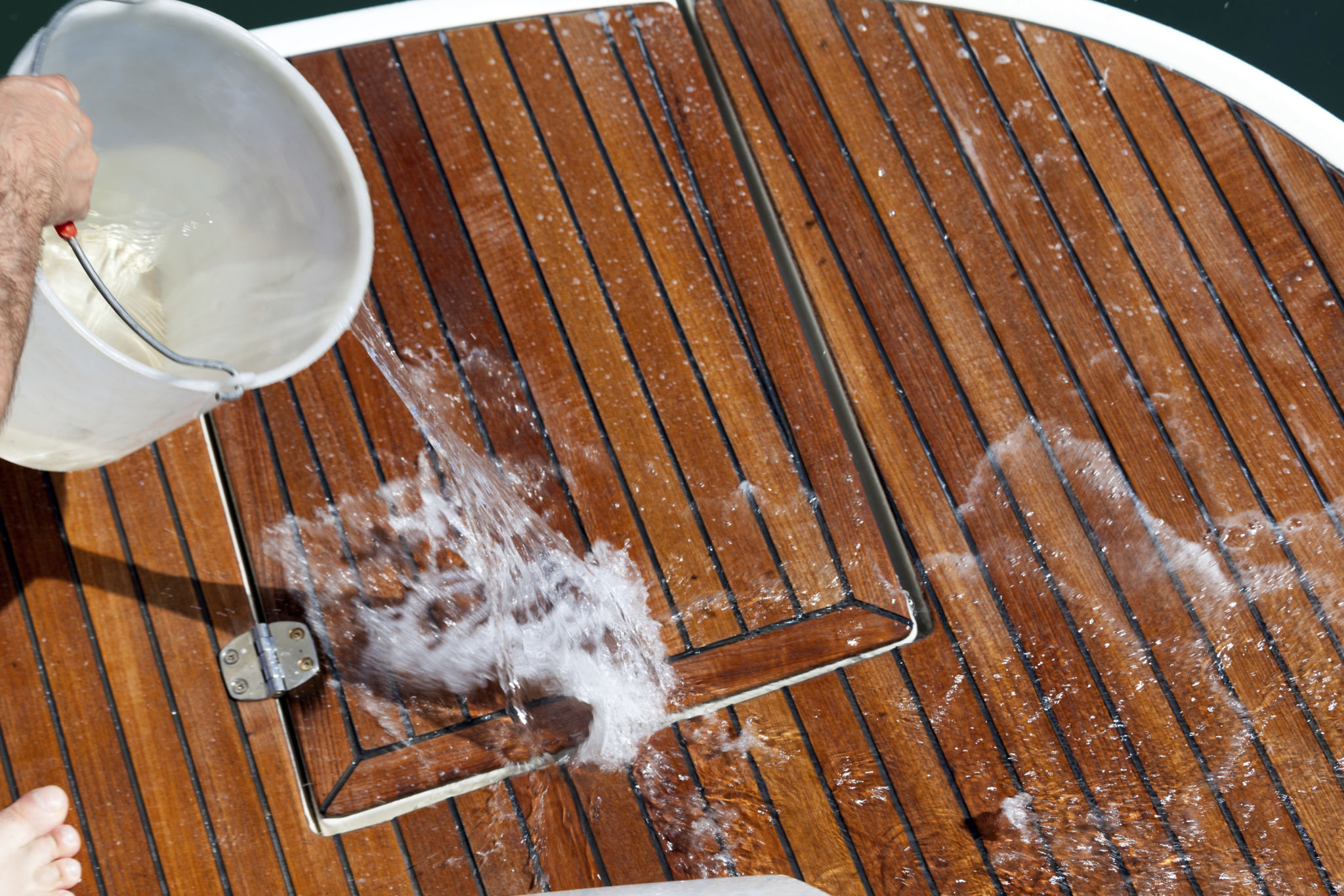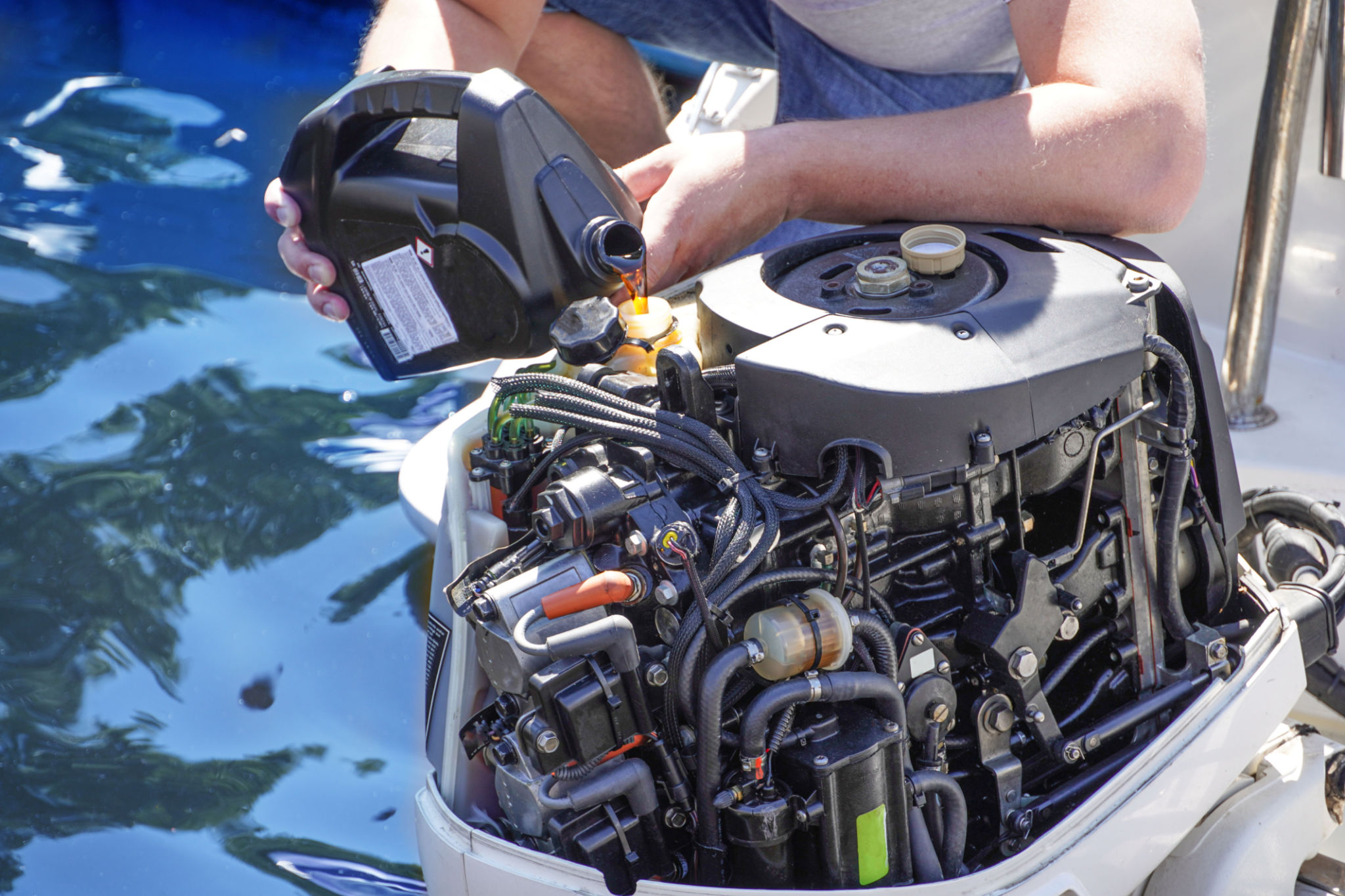How to Protect Your Boat from Saltwater Damage
Understanding Saltwater's Impact on Your Boat
Sailing the open seas is an exhilarating experience, but the saltwater environment can pose a significant threat to your boat. Saltwater is corrosive and can cause extensive damage to various parts of your vessel, including the hull, engine, and electrical systems. To ensure your boat remains in top condition, it's crucial to take proactive steps to prevent saltwater damage.
Boats used frequently in saltwater need more attention and care compared to those used in freshwater. Regular maintenance not only extends the life of your boat but also ensures safety while out at sea. Let's explore some practical ways to protect your boat from saltwater damage.

Rinsing Your Boat After Every Use
One of the simplest yet most effective ways to protect your boat is by rinsing it thoroughly with fresh water after each use. This practice helps remove salt deposits that can corrode metal components and degrade paint and fiberglass surfaces.
Tools and Techniques for Rinsing
Use a hose with a nozzle that can produce a high-pressure stream to wash away salt effectively. Pay special attention to areas like hinges, railings, and the engine, as salt tends to accumulate in these spots. For added protection, consider using a marine-grade soap to clean stubborn salt residues.

Applying Protective Coatings
Applying protective coatings is another essential step in safeguarding your boat. Waxing the hull creates a barrier that prevents salt from directly contacting the surface, reducing the risk of corrosion and fading. Additionally, using anti-corrosion sprays on metal parts can provide an extra layer of defense against saltwater damage.
Choosing the Right Products
Select products specifically designed for marine use, as they are formulated to withstand the harsh conditions of saltwater environments. Regularly reapplying these coatings will ensure continuous protection throughout the boating season.

Regular Engine and System Maintenance
The engine is one of the most critical components of your boat, and saltwater can wreak havoc if not properly maintained. Flushing the engine with fresh water after every trip is vital to remove any salt buildup that could lead to corrosion.
Inspecting Electrical Systems
Saltwater can also affect your boat's electrical systems. Regularly inspect wiring and connections for signs of corrosion or damage. Using dielectric grease on connections can help prevent moisture intrusion and corrosion.
Storing Your Boat Properly
Proper storage is crucial in protecting your boat from saltwater damage when not in use. If possible, store your boat in a dry, covered area or use a high-quality boat cover to shield it from the elements.
Off-Season Storage Tips
- Ensure all surfaces are clean and dry before covering.
- Use moisture absorbers inside the cabin to prevent mold and mildew.
- Consider professional storage facilities for long-term off-season storage.
By following these guidelines, you can help preserve the condition of your boat and enjoy many more adventures on the water without the worry of saltwater damage. Taking the time to care for your vessel ensures it remains a reliable and safe companion on all your maritime journeys.
